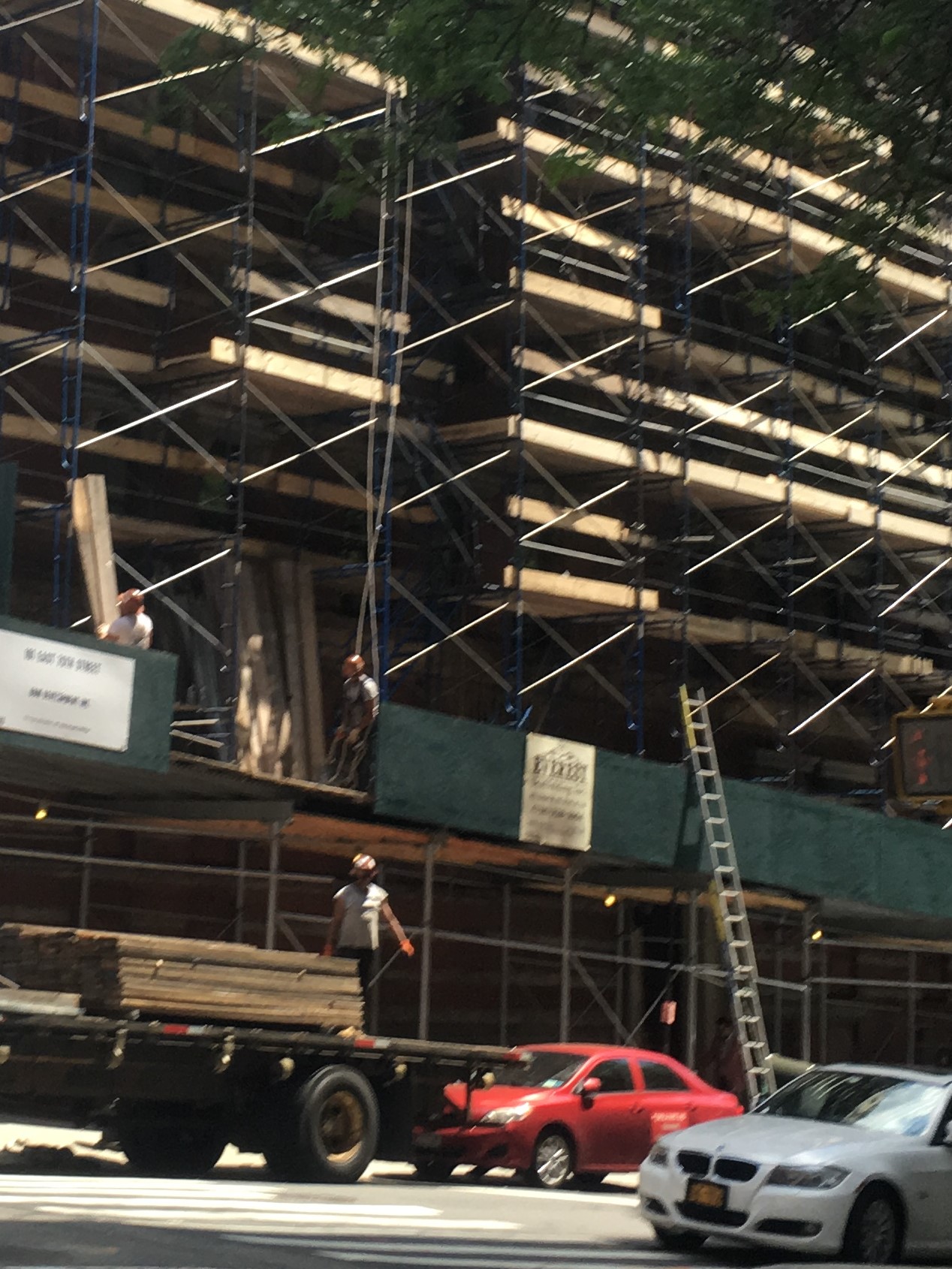
Mayor Bill de Blasio also believes that many construction accidents could be avoided if construction workers were better trained. According to Politico, the mayor is working on a proposal to increase training for all construction workers in New York City. In the new proposal, all workers will be required to attend minimum training of 54 to 71 hours. Supervisors will have to train an extra 30 hours on the top of the minimum requirements. Workers who are doing more dangerous tasks such as those working in confined space or workers doing work related to rigging safety, scaffolding, excavation, demolition and perimeter protection will have to attend additional training specific to their activity.
The new training rules are expected to be introduced to the City Council in the next few weeks.
Mayor de Blasio and the Construction Industry Unions Leaders have been working together on this new legislation. Unions would have preferred for each worker to be state certified with apprentice training which the real estate developers and contractors are completely opposed to. The Real Estate Board of New York also already expressed concerns about the new training regulations.
Read the complete article in Politico
